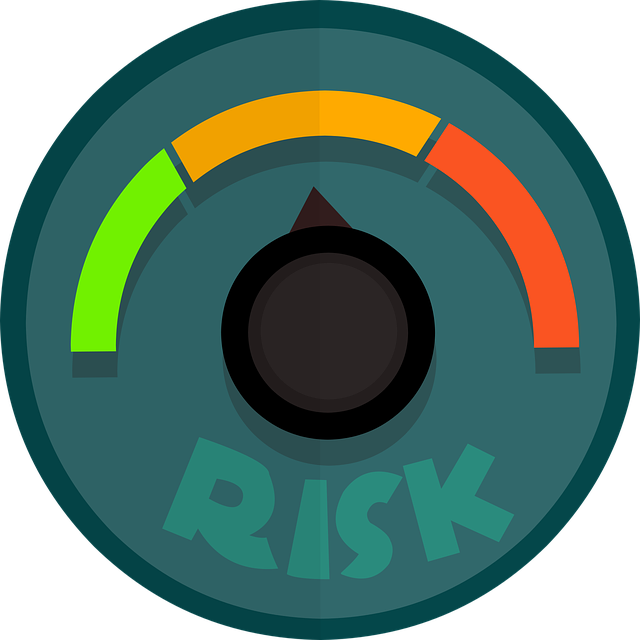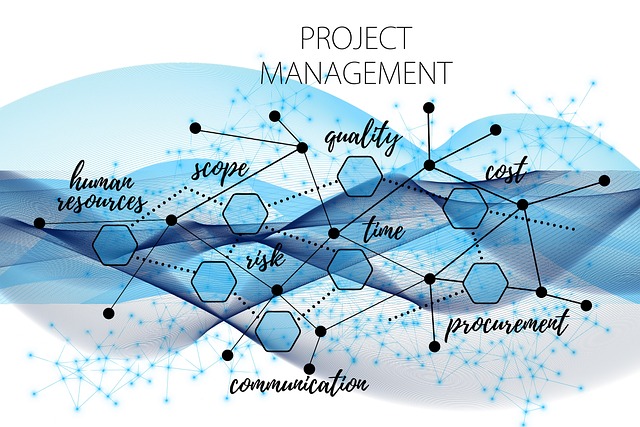Accounting firms face escalating cybersecurity risks handling sensitive financial data through digital transformation. The primary challenge is safeguarding IT infrastructure, software, and databases containing client information like private details and tax records. Many struggle with IT risk management due to resource constraints and expertise gaps, leading to human errors that contribute to data breaches. Advanced phishing attacks target employees and external channels, emphasizing the need for proactive cybersecurity measures. Implementing robust IT risk management strategies is crucial for maintaining client trust and ensuring secure accounting practices against evolving digital threats.
“In today’s digital age, cybersecurity is not a luxury but an imperative for accounting and CPA firms. This article delves into the unique cybersecurity challenges faced by these businesses, highlighting the critical role of IT risk management in mitigating threats. We explore data protection strategies for sensitive financial information, robust access controls, proactive threat detection, and compliance measures. By implementing tailored solutions, accounting firms can enhance their security posture, safeguard client data, and ensure business continuity.”
- Understanding the Unique Cybersecurity Challenges for Accounting Firms
- The Role of IT Risk Management in Mitigating Threats
- Data Protection Strategies for Sensitive Financial Information
- Implementing Strong Access Controls and Authentication Measures
- Proactive Threat Detection and Response Systems
- Ensuring Compliance and Continuous Improvement in Cyber Security
Understanding the Unique Cybersecurity Challenges for Accounting Firms

Accounting firms face unique cybersecurity challenges due to their handling of sensitive financial information. With digital transformation accelerating, these businesses are increasingly attractive targets for cybercriminals seeking to exploit vulnerabilities and steal valuable data. The primary concern lies in protecting accounting software and databases that store vast amounts of client information, including private financial details and tax records.
A lack of robust IT risk management strategies is a common issue within the industry, often due to limited resources and expertise. Inadequate IT policy implementation can lead to human error, which is a significant factor in data breaches. Phishing attacks, for instance, have become more sophisticated, targeting not only employees but also firms’ external communication channels. As such, accounting practices must adopt proactive measures, integrating advanced cybersecurity solutions into their operations to safeguard against these evolving threats and maintain client trust.
The Role of IT Risk Management in Mitigating Threats

In the realm of accounting and CPA firms, where sensitive financial data is paramount, effective IT risk management acts as a robust shield against burgeoning cybersecurity threats. This strategic approach involves meticulous assessment, identification, and prioritization of potential risks associated with information technology infrastructure. By employing comprehensive IT policy implementation, firms can establish a structured framework that governs the use of digital resources, safeguarding critical data from unauthorized access or malicious attacks.
A key component of this management strategy is regular cybersecurity audits. These in-depth evaluations ensure that the firm’s technological defenses remain agile and aligned with evolving threats. Proactive audit processes uncover vulnerabilities, enabling accountants and CPAs to implement targeted solutions, fortifying their digital fortresses against data breaches, ransomware attacks, and other cyber risks that could jeopardize client confidentiality and the integrity of financial records.
Data Protection Strategies for Sensitive Financial Information

Accounting and CPA firms handle vast amounts of sensitive financial data, making effective data protection strategies crucial for IT risk management. To safeguard this information, firms should implement robust security measures such as multi-factor authentication (MFA), regular software updates, and advanced encryption for both at-rest and in-transit data. Email encryption, a powerful tool against phishing attacks, can help prevent malicious actors from gaining access to confidential client details.
Moreover, conducting periodic cybersecurity audits allows firms to identify vulnerabilities and ensure compliance with industry standards and regulations like GDPR or CCPA. By integrating these strategies into their operations, accounting professionals can mitigate the risk of data breaches, maintain client trust, and protect the integrity of financial records.
Implementing Strong Access Controls and Authentication Measures

Implementing robust access controls and authentication measures is a cornerstone of effective IT risk management for accounting and CPA firms. With sensitive financial data at stake, ensuring only authorized personnel can access critical systems is paramount. Strong access controls involve employing multi-factor authentication (MFA) to verify user identity beyond just passwords, as well as implementing role-based access control (RBAC) to limit permissions based on job functions. This ensures that even if a credential is compromised, unauthorized access is still hindered.
Regular cybersecurity audits and assessments play a crucial role in identifying vulnerabilities within these controls and providing guidance for improvements. By incorporating remote access security measures, such as virtual private networks (VPNs) and secure connection protocols, CPAs can further mitigate risks associated with accessing firm data from external locations. Additionally, deploying robust firewalls acts as a barrier against unauthorized network intrusions, enhancing the overall protection of sensitive accounting information.
Proactive Threat Detection and Response Systems

In today’s digital era, accounting and CPA firms face escalating cyber threats that demand proactive defenses. Effective IT risk management is no longer a nice-to-have but a necessity for protecting sensitive financial data. Proactive Threat Detection and Response Systems (TDRs) are game changers in cybersecurity. These advanced solutions continuously monitor networks and systems, identifying potential threats in real-time and automatically responding to mitigate damage before a data breach can occur.
By implementing robust TDRs, accounting firms can fortify their defenses against sophisticated attackers who often target them for valuable financial information. A solid IT policy implementation, including the deployment of firewalls and other security measures, serves as a foundational layer of protection. However, TDRs go beyond basic firewalls by offering layered defense strategies that adapt to evolving threats, ensuring CPAs can confidently navigate the complex landscape of cybersecurity risks.
Ensuring Compliance and Continuous Improvement in Cyber Security

Maintaining compliance with ever-evolving cybersecurity standards is non-negotiable for accounting and CPA firms handling sensitive financial data. Effective IT risk management involves a multi-layered approach, including robust firewalls for CPAs to protect against unauthorized access and remote access security measures that safeguard client information during remote work. By implementing these foundational elements, firms can mitigate common vulnerabilities and demonstrate due diligence in data protection.
Continuous improvement is equally vital. Firms should regularly audit their cybersecurity protocols, incorporating feedback loops to address identified gaps. This proactive stance ensures that their defenses keep pace with emerging threats. Email encryption, for instance, adds an extra layer of security for communication, demonstrating a commitment to both protecting client privacy and maintaining the integrity of financial data exchanges.
